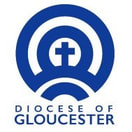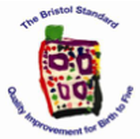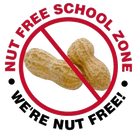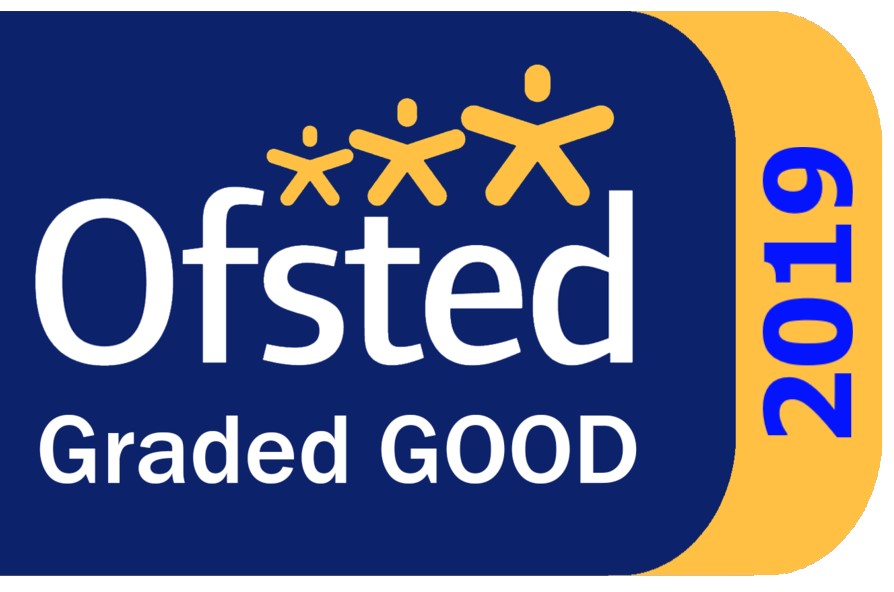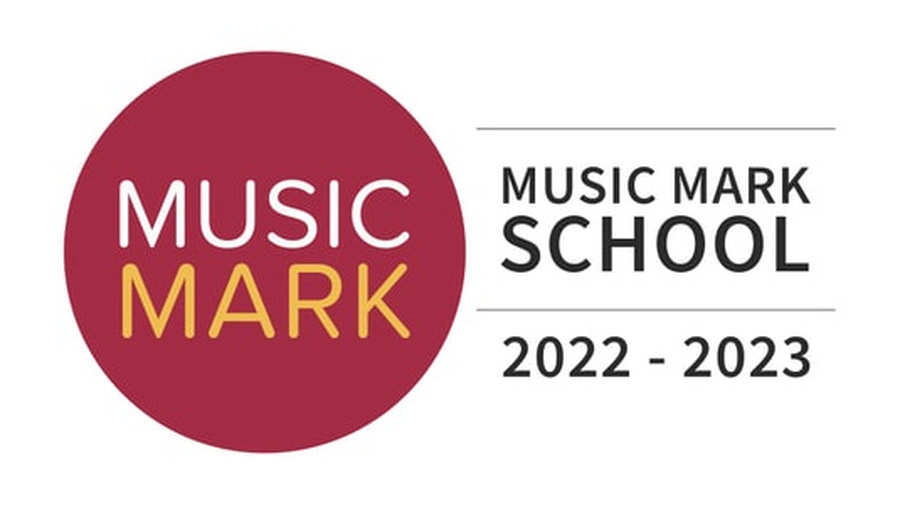Curriculum Overview
Our curriculum is designed to equip our children for life covering the following:
KNOWLEDGE - learning the key information and facts needed to access the whole curriculum, creating building blocks of understanding which they can use as a foundation in their time at secondary school and beyond
SKILLS - to apply the knowledge learned in a range of contexts, as well as learning skills specific to different subject areas or of a practical nature
At Horsley we provide a broad and balanced curriculum built upon the National Curriculum (2014). During their time at the school, children learn key knowledge and skills within each of the disciplines. Subjects are taught discreetly so that learners can become authors, mathematicians, scientists, historians, geographers, musicians and artists. Teachers make meaningful links between subjects so that pupils can, for example, develop as writers in history, geography or Religious Education (RE).
The children are taught in combined year groups: Year 1/2 (Badgers Class), Year 3/4 (Otters Class), Year 5/6 (Owls Class) as part of an exciting two-year rolling plan. Over a two-year period, pupils in each class experience a cycle of learning which enables all children to achieve their very best. Children in Reception (Foxes) have their own Early Years Foundation Stage (EYFS) Curriculum based around termly themes or topics, such as ‘All about Me’ and ‘Superheroes!’
The Horsley Curriculum seeks to inspire a love of learning, and we pride ourselves in doing so. We aim to develop growth mindset so that children have the confidence to learn through their mistakes and embrace learning. We provide an inclusive, nurturing and stimulating place to learn. We maximise our rich outdoor learning environment and enhance learning through trips, ‘hands-on’ experiences and residentials. We also provide a range of extra-curricular opportunities. Fundamentally, we aim to ensure that, by the end of their time at Horsley, our learners are ready for the next step of their learning journey.
The children are taught in combined year groups: Year 1/2 (Badgers Class), Year 3/4 (Otters Class), Year 5/6 (Owls Class) as part of an exciting two-year rolling plan. Over a two-year period, pupils in each class experience a cycle of learning which enables all children to achieve their very best. Children in Reception (Foxes) have their own Early Years Foundation Stage (EYFS) Curriculum based around termly themes or topics, such as ‘All about Me’ and ‘Superheroes!’
The Horsley Curriculum seeks to inspire a love of learning, and we pride ourselves in doing so. We aim to develop growth mindset so that children have the confidence to learn through their mistakes and embrace learning. We provide an inclusive, nurturing and stimulating place to learn. We maximise our rich outdoor learning environment and enhance learning through trips, ‘hands-on’ experiences and residentials. We also provide a range of extra-curricular opportunities. Fundamentally, we aim to ensure that, by the end of their time at Horsley, our learners are ready for the next step of their learning journey.
